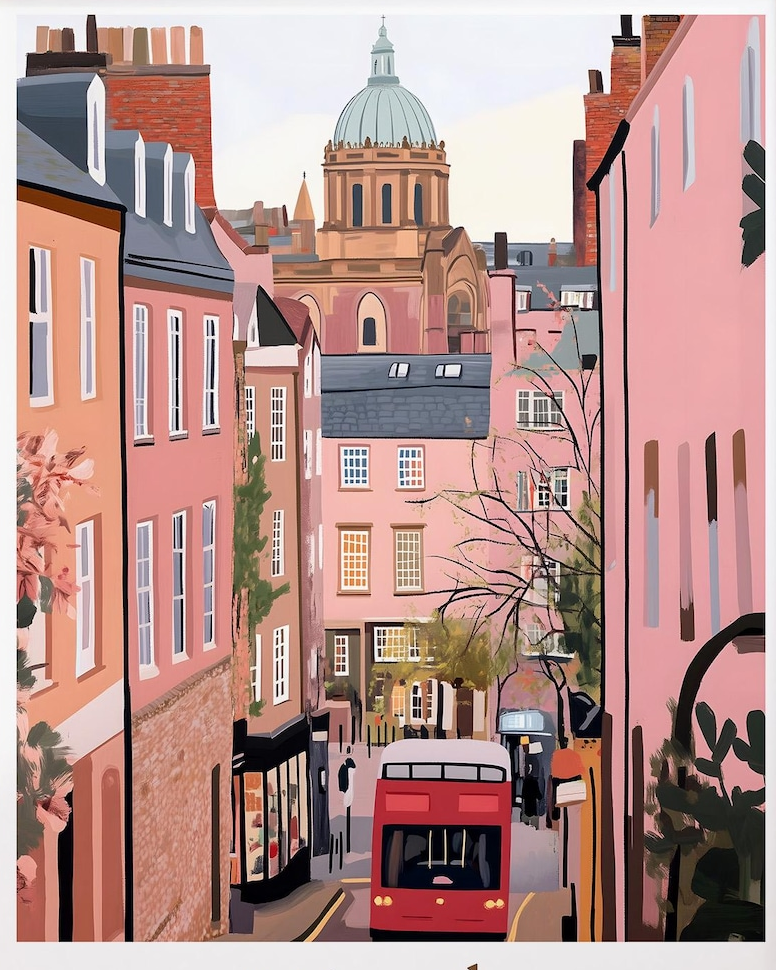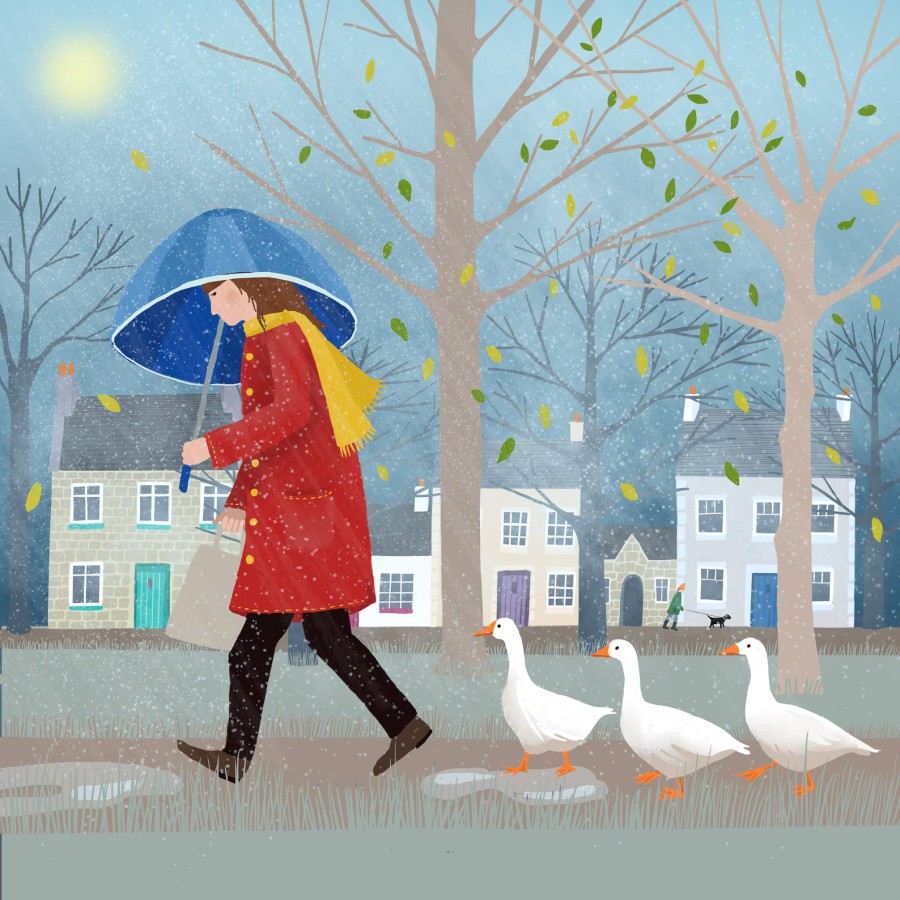How to Support Our Local Police Forces
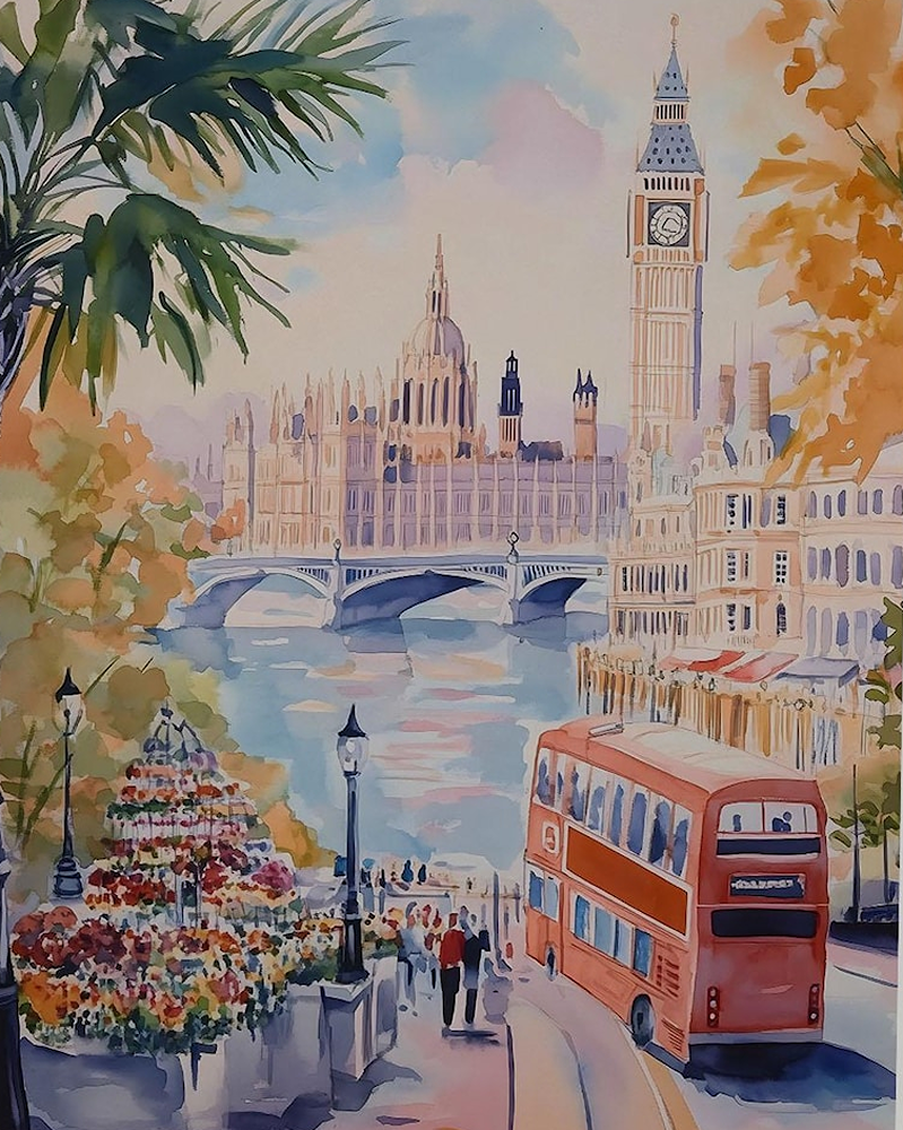
England by comparison to many countries is relatively safe, although it does have much higher crime rates than some other countries (say Switzerland and Liechenstein). But it’s true that our police forces are massively stretched, and one of the best ways to help, is simply to take some simple steps, to help prevent burglaries and other crimes, so they have more time to deal with more serious issues. Not that burglary is not serious.
Report report non-emergency crimes to the police, if not warranting a call to 999 (again, this can be anonymous via CrimeStoppers).
Simple Tips to Help Prevent Burglaries
- Place ladders etc away out of sight, and ensure anything that could be stepped on to higher rooms (bins or rubble) are cleared away.
- Purchase quality locks for doors, gates and bikes. Most thieves will give up, without ‘easy pickings’.
- Don’t leave items in view from windows (or consider living simpler, by selling/donating expensive ornaments and other items you don’t need). Nobody has the right to take belongings. But if you don’t live in a house with expensive jewellery, people are less likely to target your property.
- Security-mark items of value. Use a (good) burglar alarm from a reputable company like Verisure, ensure it doesn’t go off in the night as a false alarm.
- Don’t tell people on social media that you are going away. You can buy programmes to temporarily switch on lights etc, to give the impression that someone is home.
Designing Out Crime Neigbourhoods
This is basically applying common sense to town planning. Towns should not be designed with lots of dark alleys, and bus stops and signs should have solar lighting, so people are not waiting in the dark. Councils can invest in wildlife-friendly lamps) to keep people safe, without light pollution.
Also turn off lights when not in use (and use blinds and task-lights) on glass buildings, to prevent birds flying into windows.
Ask your local police force to send a Designing Out Crime Officer to talk to your office, council or school. They are specially trained to know things to do and avoid:
- Clear sightlines: Trimming bushes and trees gives a clear view from the street to homes and shops. This takes away hiding places, and makes it easier for people to notice something off.
- Safe walkways: Smooth, straight paths that connect busy areas let people walk safely day or night. Paths with open views make trouble less likely.
- Secured spaces: Fences, gates, and locked bins mean fewer easy gets for people up to no good.
- Some councils (in Swale, Leamington and Ipswich) have installed emergency call points, which let women report areas they feel unsafe (poorly-lit streets, abandoned buildings, vandalism, verbal abuse). Calls can be anonymous (people with hearing or speech impediments can pre-register, to call by text).
Neighbourhood Watch & Special Constables
Community spirit is one of the strongest defences against crime. When everyone knows their neighbours, strangers stick out and trouble has fewer places to hide.
- Neighbourhood Watch schemes: Groups of everyday people agree to look out for each other’s homes and streets. They share tips and report odd behaviour. Signs in windows make burglars think twice. The site has heaps of crime prevention advice that you could go through together at regular meetings.
- Special Constables: Volunteer officers have police powers, but come from the community. They patrol shops, parks, and schools, and can step in, before situations escalate. Look up your local police force, to find opportunities.
Helping Police Build Trust Locally
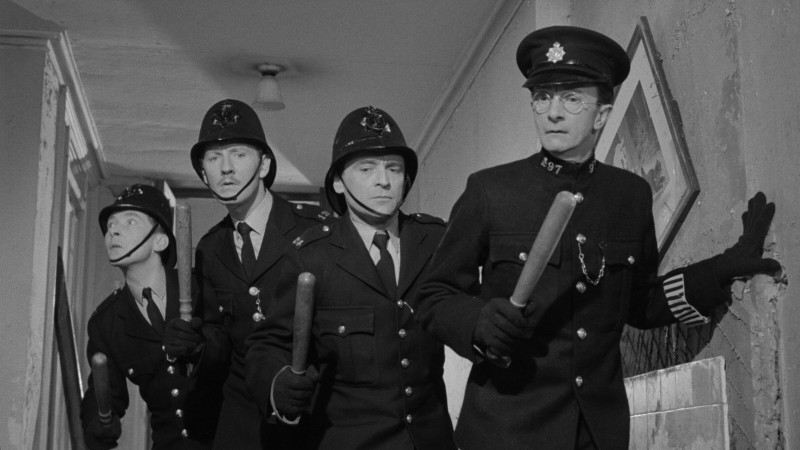
A police badge doesn’t create safety on its own—trust does. Friendly, familiar officers build bridges that help everyone. The film Carry on Constable is one of the better in the popular franchise (marking the first appearance of Sid James).
It also starred Joan Hickson as the local drunk – of course years later, she would play Miss Marple!
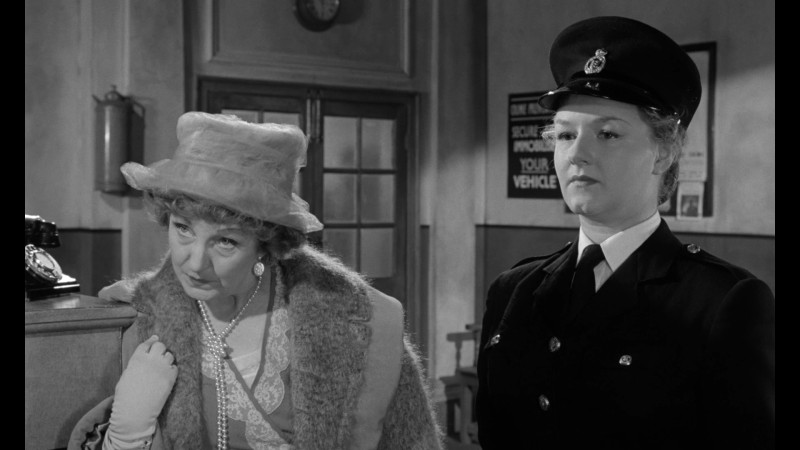
How police connect better with locals:
- Community meetings: Police who show up at local events, listen to worries, and answer questions feel more like neighbours than outsiders.
- Youth outreach: Officers visit youth clubs and schools, making it easier for young people to talk about problems before things go wrong.
- Street patrols on foot or bike: People remember a friendly face. Walking or cycling officers are approachable, quick to respond, and part of the community, not just patrolling through it.
Our police forces have been seriously underfunded for years, which has led to all kinds of problems.
Trust in the police force has sadly diminished, especially since the shocking case of Sarah Everard (who was kidnapped and murdered by a policeman, the very person she thought she could trust). Of course most policemen are trustworthy, but we don’t have a force like Monaco (which has one police officer for every 2 people).
You can obviously call 999 to call the Police in an emergency. Report crimes anonymously on CrimeStoppers (same for wildlife crime).
A good way to help the police is not to waste their time if you don’t need to. Some people have called asking stupid questions like not knowing a crossword answer, request for local business numbers and one operator even got a call, as one person was refusing to share food at the cinema!
The police website has a list of other things you can call for help, or report online:
- Road accidents (including deer/vehicle collisions)
- Anti-social behaviour
- Domestic abuse
- Spiking drinks
- Hate crimes
- Stalking
- Missing people
- Suspected terrorism
- Fraud and cyber-scams
- Updates on previous crime reports
If you’ve been a victim of crime, access free victim support. Call or text the support line, start a live chat or fill in a form and someone will get back to you within three working days. Services are confidential.
Why Switzerland has Lower Crime than England
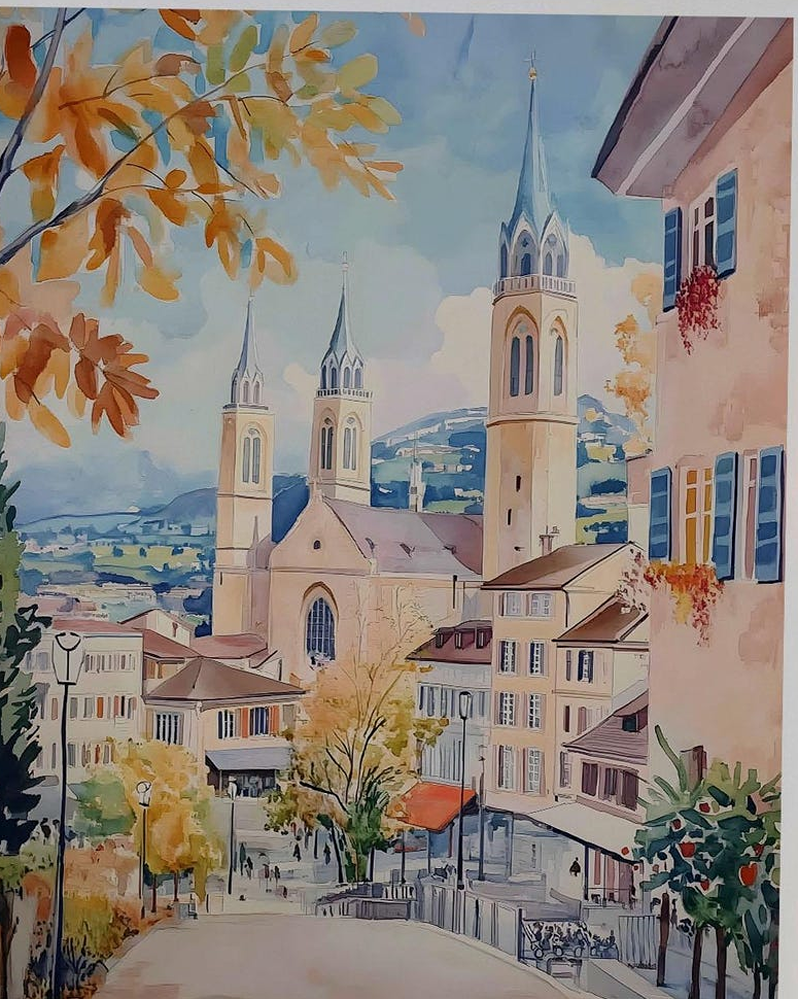
Zurich, Pastel Pine
Obviously it’s not utopia (there was once a mass shooting, back in 2001). But overall Switzerland is one of the world’s safest countries and (with Finland and Denmark) one of the happiest. The average murder rate is about 45 people a year. The England/Wales murder rate by comparison is around 600.
It’s proven that quiet relaxing areas with lots of trees and nature contribute to lower crime rates. Also remember that Switzerland is neutral, so does not bang on about war, as if it’s something to be celebrated or made glamorous.
Violent crime in Switzerland sits far below England and Wales when you compare like for like. UNODC figures and national reports show Switzerland’s homicide rate is around half that of England and Wales in recent years. This is striking for a country with high civilian gun ownership by European standards.
Why does a place with more firearms have less violent crime? The answer is not a single policy or quirk. It is a blend of steady economics, visible and fair policing, and a culture that links rights to responsibilities. Together, these parts reduce both the motive and the chance to offend.
The core thesis is simple. Switzerland’s lower crime stems from strong economic stability, effective law enforcement, and shared civic norms. Each piece reinforces the others, shaping safer streets without relying on harsher punishments.
Switzerland also has robust welfare systems that catch people before they fall into crisis. Universal healthcare and open access to quality education lower the cost of staying healthy and employable.
When a parent loses a job or a young person needs training, support arrives early and with less stigma. The cost of a short setback does not spiral into debt or eviction. That safety buffer reduces desperation-driven offences.



